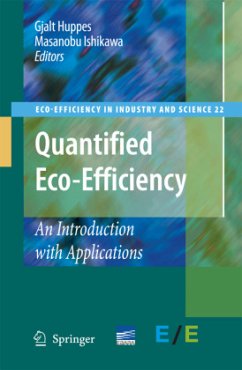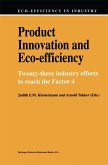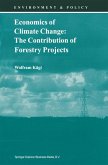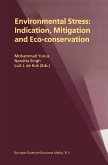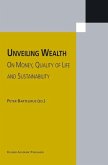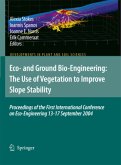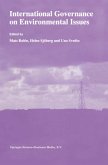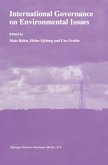A central asset of eco-efficiency analysis is that it does not depend on a specific evaluation of environmental impacts against economic effects, avoiding the often disputed results of neo-classical evaluation methods. For integrating the different environmental scores several evaluation methods may be used including those based on willingness-to-pay, panel procedures, and public statements on policy goals.
A substantial Japanese paper on Maximum Abatement Cost method and a paper on revealed public preferences in The Netherlands comprise the first section on methods. Next, there are four sections on domains of application of eco-efficiency analysis. In the Agriculture section, a case on conservation agriculture in China is worked out, using input-output analysis. In the Industry section, cases range from supply chain management to waste water management and methods to speed up innovation. In the Products & Consumption section, cases refer to overall household performance, specific energy products and methods for upgradeable product design. Finally, in the Recycling section, cases relate to increasing the supply of secondary materials and to increasing secondary materials use.
A substantial Japanese paper on Maximum Abatement Cost method and a paper on revealed public preferences in The Netherlands comprise the first section on methods. Next, there are four sections on domains of application of eco-efficiency analysis. In the Agriculture section, a case on conservation agriculture in China is worked out, using input-output analysis. In the Industry section, cases range from supply chain management to waste water management and methods to speed up innovation. In the Products & Consumption section, cases refer to overall household performance, specific energy products and methods for upgradeable product design. Finally, in the Recycling section, cases relate to increasing the supply of secondary materials and to increasing secondary materials use.

